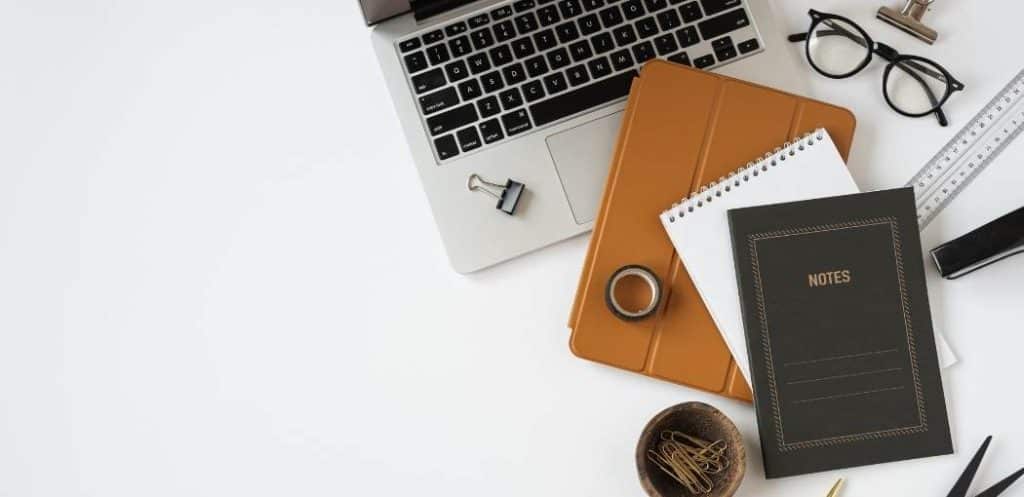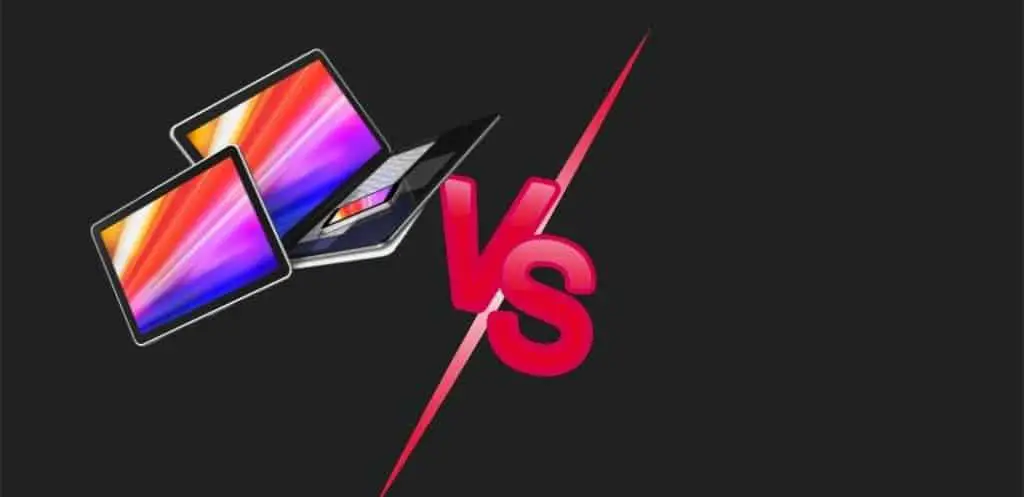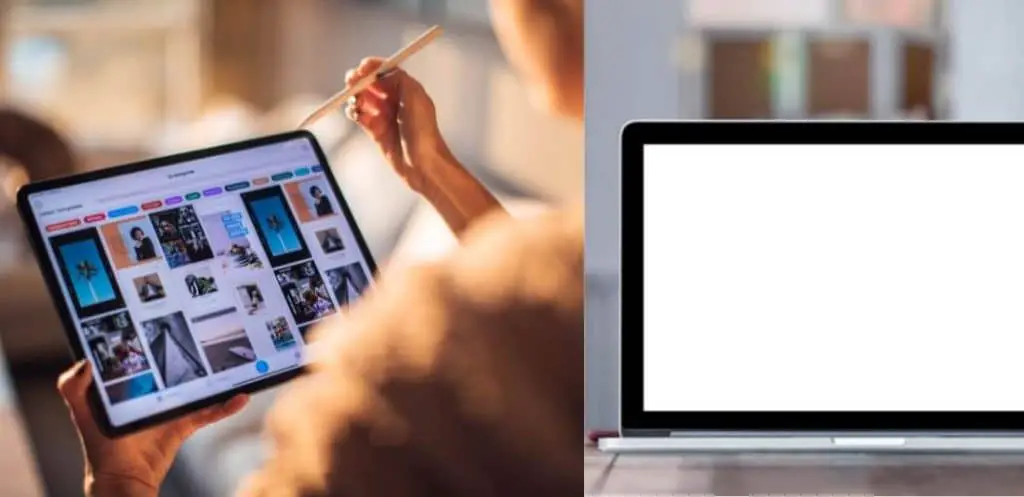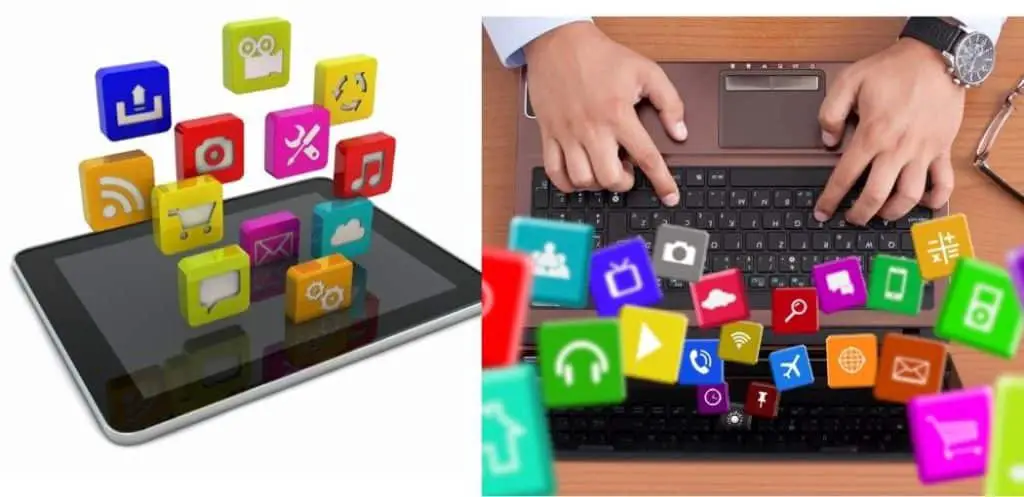Tablet or Laptop for Photo Editing? If you’re a photographer, then you know that editing your photos is an essential part of the process.
The type of equipment you use for photo editing can make a big difference in the quality of your final product.
When it comes to laptops and tablets, both have their pros and cons.
So, is a tablet or laptop better for photo editing? In this article, we will compare the two devices and help you decide which one is right for you.
Is a tablet or laptop better for photo editing?

These days, there are a variety of options available for editing photos. For many people, the choice comes down to a tablet or laptop.
Each has its own advantages and disadvantages when it comes to photo editing. work Laptops tend to be more powerful, which means they can handle more complex editing tasks.
They also usually have larger screens, making it easier to see what you’re doing.
However, the best laptops can be bulky and difficult to transport, and they often require an external mouse for precise editing.
Tablets, on the other hand, are much more portable and often come with styluses that offer greater control.
However, tablets can be less powerful than laptops and their smaller screens can make editing more difficult.
Ultimately, the best option for photo editing depends on your individual needs and preferences.
Although we recommend having the best laptop for photo editing due to its processing power.
Tablet VS Laptop for Photo Editing

Tablet or laptop for photo editing? This is a common question for anyone who wants to start editing their photos but is not sure which device to choose.
There is a lot of debate over whether a tablet or laptop is the best device for photo editing.
Both have their pros and cons, so ultimately it depends on what you need and what works best for you.
In this section of the blog post, we will compare the two devices and help you decide which option is best for you.
1. Ease of Use

One of the primary advantages of using a tablet for photo editing is that they are extremely easy to use.
Unlike laptops, which can be complicated to set up and use, tablets are designed to be user-friendly and can be used by anyone, regardless of their level of technical expertise.
2. Weight and Portability

Weight and portability are two of the biggest advantages that a tablet has over a laptop.
Tablets are incredibly lightweight and can easily be carried with you in a purse or backpack.
This makes them ideal for traveling photographers who want to be able to edit their photos on the go.
Additionally, many tablets come with built-in stands which make it easy to set up and use your device without having to carry around an extra piece of equipment.
Laptops, on the other hand, are much heavier and bulkier, making them less convenient to travel with.
If you’re looking for a device that you can take with you on the go, a tablet is a way to go.
3. Cost

Another factor to consider is cost. In general, tablets are much less expensive than laptops, making them a more budget-friendly option.
Additionally, many tablets offer subscription-based photo editing software, which can save you even more money in the long run.
4. Battery Life

Battery Life When dealing with digital media, many things have to be taken into accounts such as quality and file size.
With all that data, power usage is also something to consider. Tablets have been increasing in popularity and their uses have broadened from business and school to general entertainment and productivity.
A lot of people might think that since tablets are smaller and more lightweight, they would use less power than a laptop.
That’s not the case. Because of the way tablets are built, their battery life tends to be shorter than laptops.
This is surprising to a lot of people since tablets have very efficient processors and displays.
The main reason for the shortened battery life has to do with the amount of surface area that the tablet takes up.
Tablets tend to have a smaller surface area than laptops. This means that the batteries are smaller and have less power as compared to laptops.
So, if you’re planning on doing any photo editing on your tablet, you should be aware that you’ll likely need to keep it plugged in or else be prepared for your battery to die relatively quickly.
On the other hand, laptops usually have much better battery life since they don’t have as large a larger battery capacity and they often optimize their performance.
Which in return improves the battery life.
This means that you’ll be able to get more work done before having to recharge your laptop. Ultimately, it just comes down to what you value more.
5. Display Quality

When it comes to displaying quality, there is no clear winner between laptops and tablets.
Both types of devices offer high-resolution displays that are capable of producing stunning images.
However, some experts believe that laptops have the edge when it comes to displaying quality, as they typically offer larger screens than tablets.
This can be helpful for people who need to see their photos in great detail while they are editing them.
5. Accessibility of App

One of the best things about using a tablet for photo editing is the vast number of apps that are available to them.
There are thousands of different apps that can be used for photo editing, meaning that there is an app out there for just about every need and preference.
Additionally, many of these apps are either free or very affordable, making them accessible to everyone.
This means that anyone can get started with photo editing, regardless of their budget or experience level.
Plus, with so many options to choose from, it’s easy to find an app that perfectly suits your needs.
Whether you’re looking for a simple way to touch up your photos or you’re wanting to try out more advanced features, there’s an app out there that will fit the bill.
Laptops also have a wide variety of photo editing apps available to them. However, many of these apps are more expensive than their tablet counterparts.
Additionally, some laptop photo editing apps can be complicated to use, which can make them less accessible for beginners.
6. Processing Power

Tablet computers have come a long way in recent years.
While some models are still underpowered compared to laptops, many high-end models offer processing power that rivals that of even the most powerful laptops.
This is important for people who need to perform complex photo editing tasks, such as working with large files or using processor-intensive software programs.
However, photo editing laptops offer more processing power than even the most powerful tablets.
This makes them the better choice for people who need to perform complex photo editing tasks regularly.
- Is a Laptop or Desktop Better for Photo Editing?
- How to calibrate a laptop screen for photo editing:
- Do I need a powerful laptop for photo editing?
Conclusion: Tablet or Laptop for Photo Editing
So, what’s the verdict? Tablet or laptop for photo editing? The answer to that question largely depends on your needs and preferences.
If you need a device that is powerful enough to handle heavy-duty photo editing and you don’t mind lugging around a heavier machine, then go for a laptop.
But if you want something more portable that can still handle basic photo editing tasks, then a tablet may be the better option for you.
Whichever device you choose, make sure to invest in some good photo editing software to help make your images look their best.
References:


